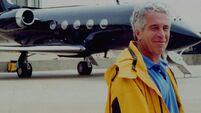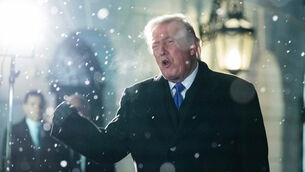Iraq: US troops launch raids to curb pre-election violence
US troops have staged a series of raids in northern and central Iraq, arresting dozens, as insurgents stepped up their attacks two weeks ahead of national elections, ambushing a car carrying a female candidate and killing 24 people in other assaults.
US Deputy Defence Secretary Paul Wolfowitz admitted US and Iraqi forces cannot stop “extraordinary” intimidation by insurgents before the January 30 election.














